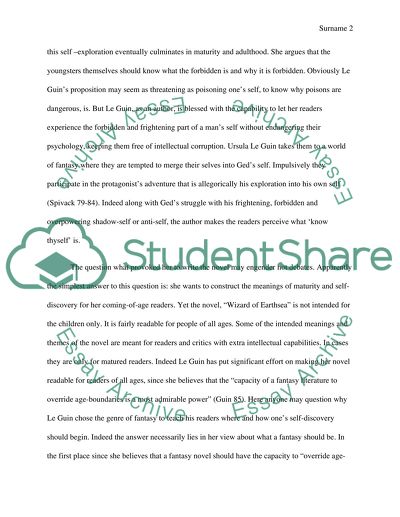Cite this document
(“Le Guin's Opposition to Traditional View about Children Literature Essay”, n.d.)
Retrieved from https://studentshare.org/literature/1434597-psychological-criticism
Retrieved from https://studentshare.org/literature/1434597-psychological-criticism
(Le Guin'S Opposition to Traditional View about Children Literature Essay)
https://studentshare.org/literature/1434597-psychological-criticism.
https://studentshare.org/literature/1434597-psychological-criticism.
“Le Guin'S Opposition to Traditional View about Children Literature Essay”, n.d. https://studentshare.org/literature/1434597-psychological-criticism.


